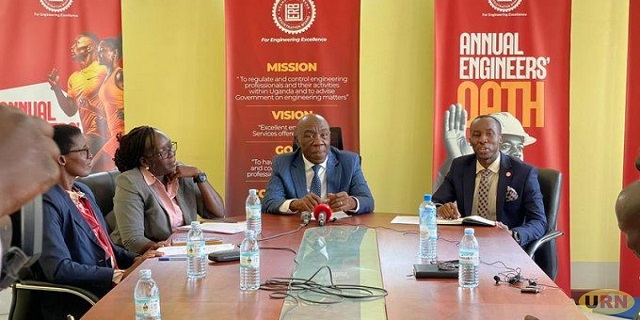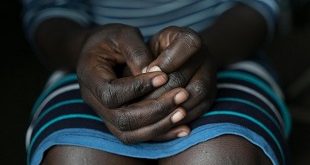
KAMPALA, UAGNDA | THE INDEPENDENT | All non-Ugandan engineers, including those foreign registered, will now have to undergo a registration and certification process in Uganda before they are allowed to practice as engineers.
This follows a successful consultative meeting between the Engineers Registration Board (ERB) which is also the regulator of the engineering sector, and the Directorate of Citizenship and Immigration Control that was aimed at resolving the issue of foreign engineers without local permits.
Eng Henry Arinaitwe, the Chairperson of ERB, says many have been carrying out the work of professional engineers without being certified to work in Uganda, taking advantage of the absence of adequate regulation.
He says that it is a global practice that any person intending to operate in another country must undergo local registration processes to ensure standards and quality assurance but also prevent unfair competition.
Speaking ahead of the World Engineering Day that takes place on March 4th, Arinaitwe said the law requires that foreigners register within four months of their commencement of practice.
Currently, there are 229 “temporary” foreign engineers compared to the 2,915 national indigenous Ugandan engineers, according to the board.
On the complaints of foreign engineering companies taking most of the large government projects, the Board sought to invoke the provisions of the Buy Uganda, Build Uganda (BUBU) policy, by engaging the Public Procurement and Disposal of Public Assets Authority (PPDA).
He says that where the local companies or engineers cannot handle the projects, the foreigners will instead be encouraged to subcontract or employ the local ones.
This, he says, will help the country build the capacity of local engineers through the transfer of skills and experience.
Over the last year, other achievements made by the board included enabling cross-border practising within the East African Community.
The Mutual Recognition Agreement among the EAC partner states means that a professional and certified engineer from one EAC country is now able to practice in another country, after fulfilling “minimum national requirements”.
The Board also highlighted their visit to Isimba Dam earlier last year to conduct checks on the project and advise the government.
The technical visit was aimed at helping the government and the contractors to rectify the faults that threatened the planned lifespan of the dam, which they say were visible right from the start of the construction.
The World Engineering Day events will also feature four days of various activities like outreaches to schools, Next-Gen Engineers webinar for young and prospective engineers, a major conference in Kampala and administration of oaths for newly certified engineers.
The events will also help the board to sensitise the public on who an engineer is, their roles and duties, and how to avoid quack ones.
Patricia Achola Ochan, the Vice Chairperson of the board says the presence of quack engineers, with some using forged documents is responsible for the poor construction works.
*****
URN
 The Independent Uganda: You get the Truth we Pay the Price
The Independent Uganda: You get the Truth we Pay the Price



